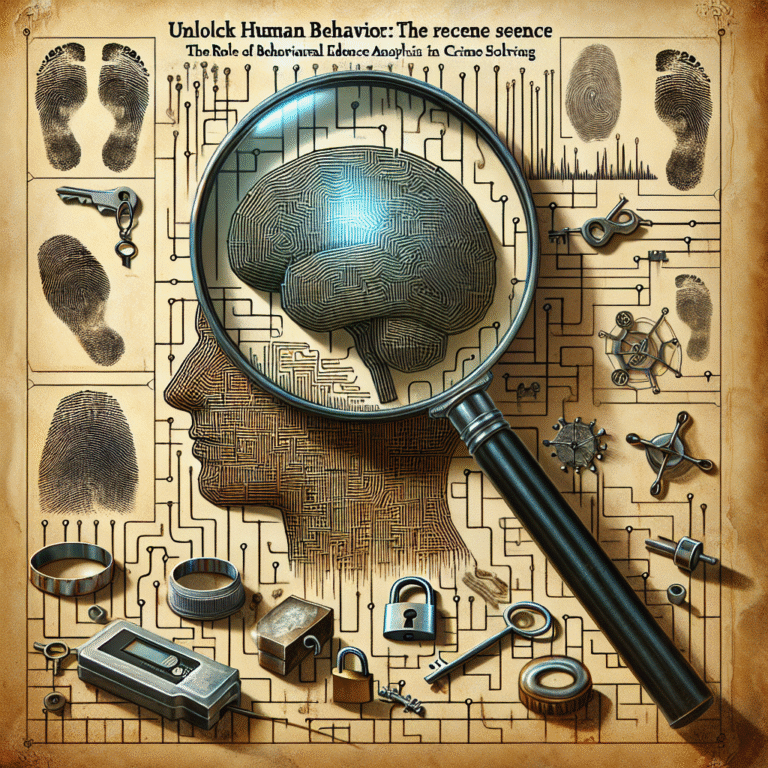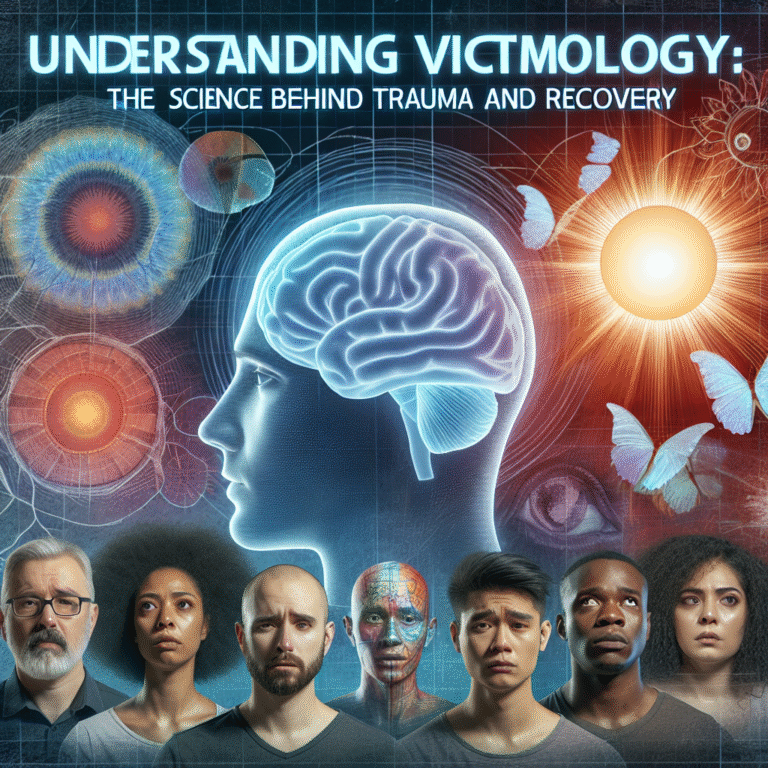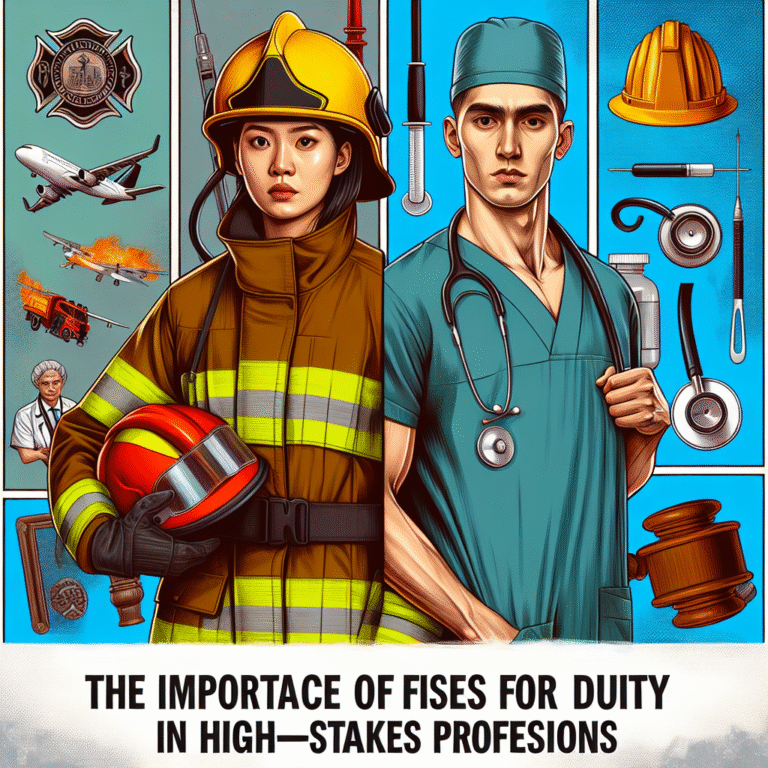Introduction
Imagine crucial moments of your life—like your wedding day, the birth of your child, or a family vacation—suddenly twisted and reshaped by the complex machinations of your mind. Memories, once thought to be static and reliable, can alter dramatically due to the phenomenon known as False Memory Syndrome. In Remembering the Unremembered: Navigating the Landscape of False Memory Syndrome, we delve into this intricate and compelling topic, revealing not just the psychological frameworks at play, but also the implications for personal identity, therapy, and the legal system.
The Importance of Memory
Memories form the backbone of our identity, shaping how we perceive ourselves and others. When memory fails or misleads, the ramifications can extend far beyond personal confusion to impact relationships, therapy outcomes, and even court rulings. Understanding the phenomenon of False Memory Syndrome is not just an academic pursuit; it’s essential for anyone who values the truth of their experiences.
Understanding False Memory Syndrome
What is False Memory Syndrome?
False Memory Syndrome (FMS) refers to a condition wherein a person recalls memories of events that did not occur or differs significantly from the actual events. These memories can be vivid and feel real but are often implanted through suggestion, misinformation, or leading questions.
Notable Science Behind FMS
Research illustrates that memory is not a perfect record; it’s reconstructive. After an event, our recollections can be influenced by emotion, suggestion, or even the memories of others. Elizabeth Loftus, a pioneering psychologist in this field, conducted experiments that reveal how easily memories can be altered.
Historical Context
The concept of false memory has a complex history. In the 1980s and 1990s, with the rise of recovered memories in therapy settings, many individuals began to recall traumatic events, often leading to accusations of abuse. However, these memories were sometimes later found to be false, creating a societal uproar.
Case Study: The McMartin Preschool Trial
One striking case involved the McMartin Preschool, which faced accusations of child abuse that were largely based on the children’s testimonies. Many of these memories were later deemed unreliable, eventually leading to the exoneration of the accused. This case underscores the broad ramifications of false memories—not just for individuals, but for entire communities.
Root Causes of False Memory Syndrome
The Role of Suggestibility
One significant factor contributing to FMS is suggestibility. Suggestive questioning can lead individuals to fabricate or alter their memories without realizing it.
Table: Examples of Suggestive Techniques
| Technique | Description |
|---|---|
| Leading Questions | Questions that imply an answer within the question itself. |
| Misinformation Effect | Misinformation presented after an event can alter recall. |
| Social Pressure | Group dynamics can lead to conformity and altered memories. |
The Psychology Behind Memory
Human memory utilizes schemas—mental structures that help us organize and interpret information. When retrieving memories, people may fill gaps with erroneous information that fits within their existing schema.
Case Study: Memory and Imagination
In a revealing study by Garry and Wade, participants were led to believe they had participated in fictional events. Many participants confidently recounted these suggestively implanted memories as if they were true.
Implications of False Memory Syndrome
Impact on Therapy
For therapists, recognizing and understanding FMS is crucial. Memories surfaced in therapeutic settings—often in trauma work—can be false, which poses ethical dilemmas.
The Therapy Dilemma
Therapists must balance helping clients process trauma while ensuring that they do not create false memories. Techniques like establishing a strong therapeutic alliance and ensuring accurate memory recall can help navigate this tricky terrain.
Impact on the Legal System
FMS has significant implications for legal proceedings. Eyewitness testimonies, often influenced by false memories, can lead to wrongful convictions.
Case Study: The Innocence Project
The Innocence Project, which helps exonerate wrongfully convicted individuals, often cites faulty memory as a principal factor in misidentifications.
Strategies for Recognizing and Managing False Memories
Techniques for Individuals
Recognizing the potential for false memories is critical in maintaining personal accuracy. Techniques include:
- Critical Thinking: Questioning memory by assessing its origin and context.
- Journaling: Writing experiences soon after they happen can solidify authentic memories.
- Open-Dialogue Techniques: Encouraging discussions about memories can help reveal inconsistencies.
Seeking Professional Guidance
For those struggling with memories and their accuracy, seeking guidance from a qualified mental health professional can provide clarity.
Conclusion
Remembering the Unremembered: Navigating the Landscape of False Memory Syndrome reveals the fascinating and sometimes troubling world of memory and identity. The way our memories can morph under external influences reinforces the importance of being mindful and discerning. Through improved understanding, we can not only protect ourselves from the pitfalls of false memories but also help others navigate their own experiences.
Key Takeaway
Empower yourself by cultivating critical thinking about your memories. Seek professional help if you feel uncertain about significant memories. Ultimately, embracing a grounded and informed perspective protects your sense of self.
FAQs
1. How can I tell if my memories are false?
If you find inconsistencies or if your memory relies heavily on suggestions from others, it’s worth critically examining those memories or seeking professional help.
2. Can false memories be harmful?
Yes, false memories can lead to emotional distress, relationship issues, and legal complications, all of which highlight the importance of memory accuracy.
3. Is therapy effective in recovering lost memories?
Therapy can help individuals explore their memories, but it’s essential to approach recovery with caution due to the risk of false memories.
4. What role does social media play in false memory syndrome?
Social media can perpetuate false memories through misleading information, shaping how individuals recall their experiences.
5. Can memory improve over time?
Some individuals find that over time, their memories become clearer. However, it’s important to question how external influences may have shaped those recollections.
In the journey of Remembering the Unremembered: Navigating the Landscape of False Memory Syndrome, we gain valuable insights into this multifaceted issue. By understanding the nature of our memories, we pave the way for greater clarity and authenticity in our lives.















